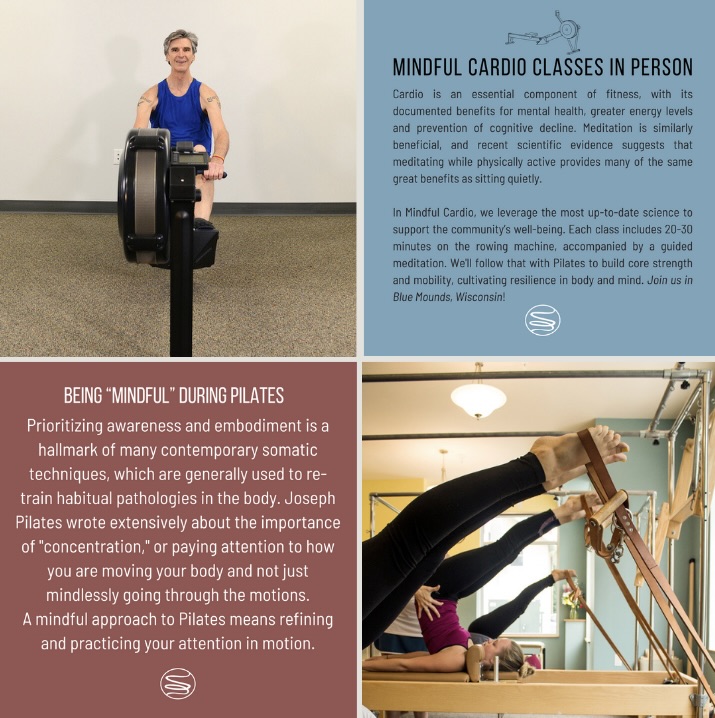Stuff I Learned - Holiday Break
After a bit of a hiatus from the work of grad school, I've recently returned to reading and studying material related to join laxity. As is often the case (see this blog entry for a short discussion of ADHD and the Brownian motion of my mind), I've found interesting articles that divert my attention away from the task-at-hand.
The other day I found an article in the New York Times that piqued my interest. In this article, the author discussed how important it is for aging populations to push themselves - to get out of their comfort zone. The therapeutic power of pushing beyond the comfort zone has been something of a recurring theme that I've encountered in various quarters.
For example, a theory of athletic training suggests that much of the supposed age-related diminution of physical prowess is not necessarily the result of aging, but the result of how older athletes tend to stop pushing themselves in their later years. There are some pretty outlandish claims being made about the turning-back-the-clock potential of training hard past age fifty; that being said, I do think there's some truth to the claims that some age-related declines in performance arise from taking it too easy.
The aforementioned article wasn't about athletic training. Rather, it was about how the mind ages (or does not age!) The authors used a term that I love (Superager) to describe minds that remain healthy and vital well into what we may consider old age. What did the authors find as they researched Superagers? They found that Superagers tended to embraced mental challenges that took them well outside of their comfort zone.
Specifically, the authors mentioned how a friendly game of Sudoku or a simple cross-word puzzle doesn't have the same brain-building pizzazz as embarking on an intellectual challenge that may bring the participant to feelings of frustration or discomfort. While I am no fonder of feeling frustrated than the next person, I'm hearing more and more about the beneficial effects of stress on learning.
In a course that I'm looking forward to taking next semester, Systems Neuroscience, reliable sources tell me that the instructors intentionally introduce a baseline of stress into the lectures. Not huge stress (no water balloons nor Trier tests), but just enough stress to excite the brain into a state that's poised to learn new material. By randomly calling on students, the low-grade stress of am I next? is reputed to help groom neural circuitry into recallable memory. In the research that I've accessed, there seems to be evidence supporting this assertion - that the mental stress of taking on challenging tasks is very good for the memory and the brain.
As we head into 2017, in what ways are you leaning into your zones of discomfort? With the increasing evidence that mental and physical challenges are among the best tonics for aging - what strategies are you exploring to improve your odds of being a Superager?
http://nyti.ms/2hE1jov
 |
| What are you doing to improve your odds of being a Superager? |
For example, a theory of athletic training suggests that much of the supposed age-related diminution of physical prowess is not necessarily the result of aging, but the result of how older athletes tend to stop pushing themselves in their later years. There are some pretty outlandish claims being made about the turning-back-the-clock potential of training hard past age fifty; that being said, I do think there's some truth to the claims that some age-related declines in performance arise from taking it too easy.
The aforementioned article wasn't about athletic training. Rather, it was about how the mind ages (or does not age!) The authors used a term that I love (Superager) to describe minds that remain healthy and vital well into what we may consider old age. What did the authors find as they researched Superagers? They found that Superagers tended to embraced mental challenges that took them well outside of their comfort zone.
Specifically, the authors mentioned how a friendly game of Sudoku or a simple cross-word puzzle doesn't have the same brain-building pizzazz as embarking on an intellectual challenge that may bring the participant to feelings of frustration or discomfort. While I am no fonder of feeling frustrated than the next person, I'm hearing more and more about the beneficial effects of stress on learning.
In a course that I'm looking forward to taking next semester, Systems Neuroscience, reliable sources tell me that the instructors intentionally introduce a baseline of stress into the lectures. Not huge stress (no water balloons nor Trier tests), but just enough stress to excite the brain into a state that's poised to learn new material. By randomly calling on students, the low-grade stress of am I next? is reputed to help groom neural circuitry into recallable memory. In the research that I've accessed, there seems to be evidence supporting this assertion - that the mental stress of taking on challenging tasks is very good for the memory and the brain.
As we head into 2017, in what ways are you leaning into your zones of discomfort? With the increasing evidence that mental and physical challenges are among the best tonics for aging - what strategies are you exploring to improve your odds of being a Superager?
http://nyti.ms/2hE1jov



Comments